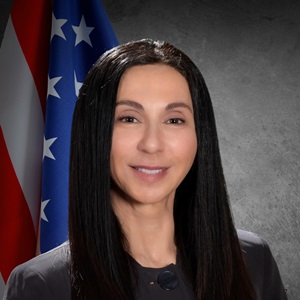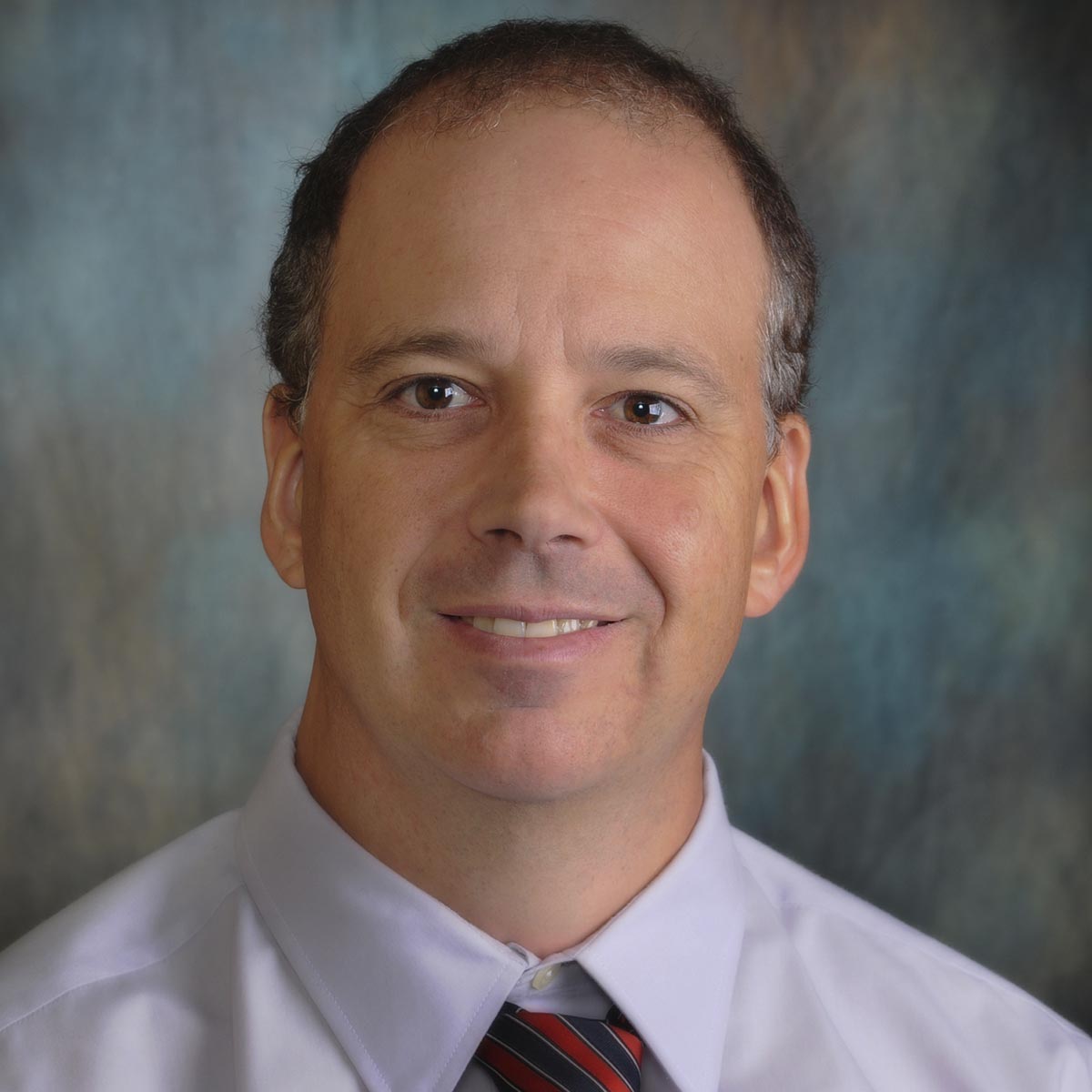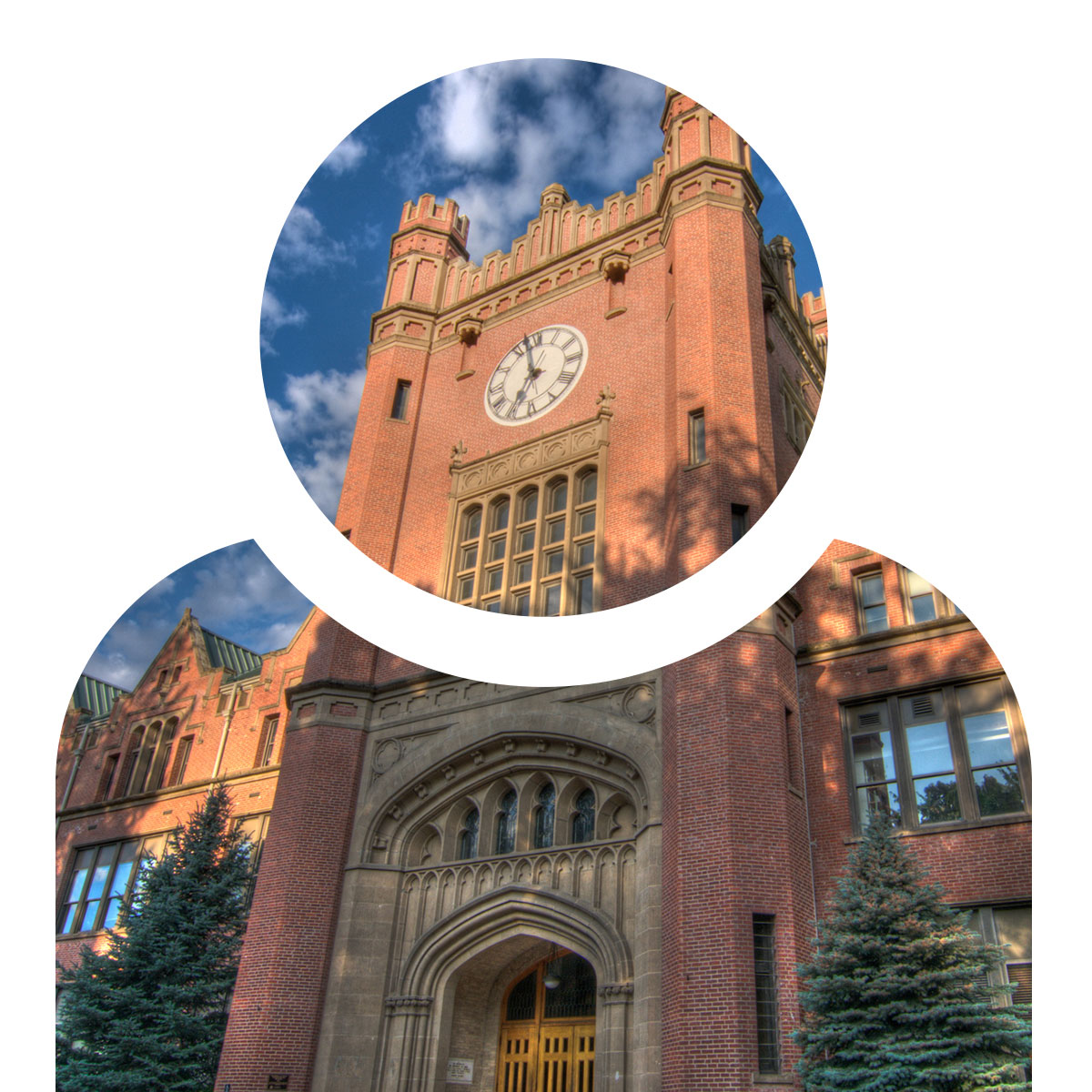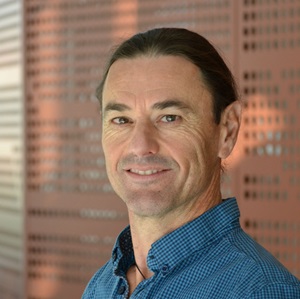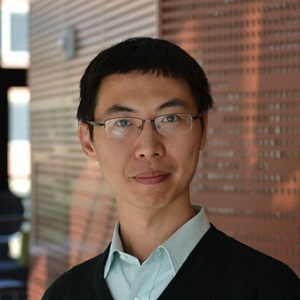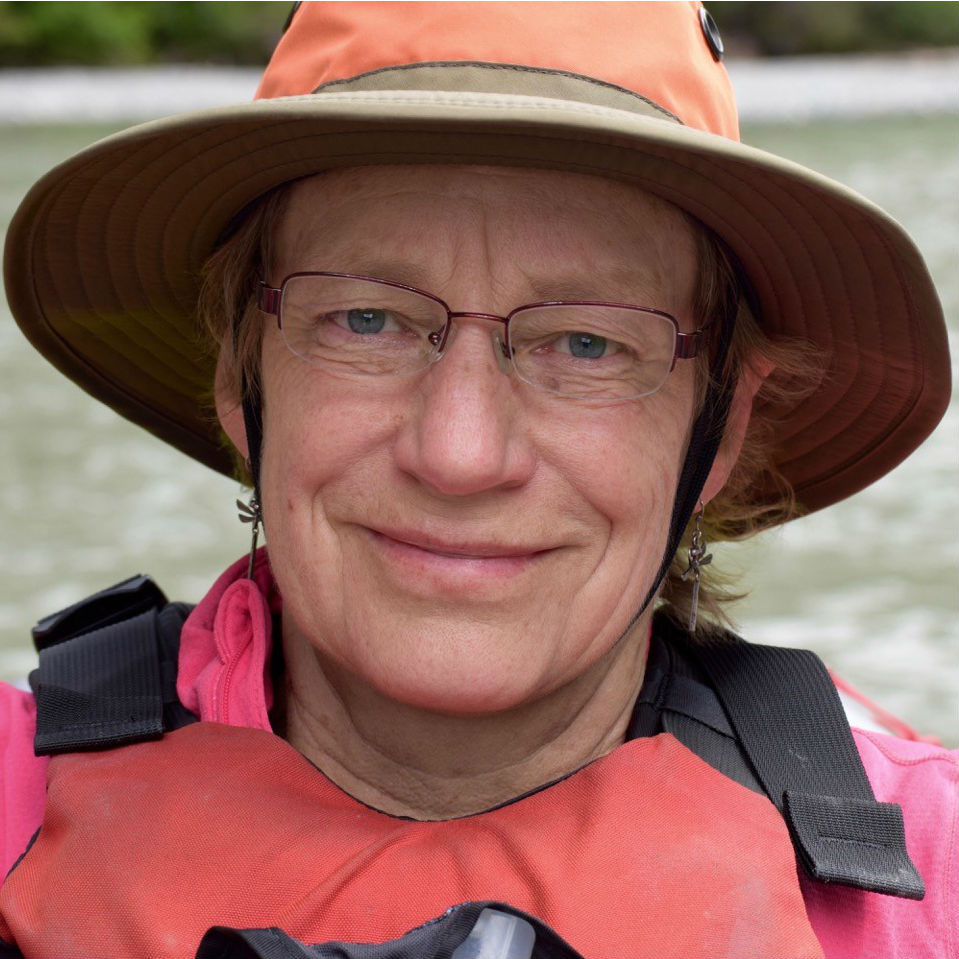Meet Our People
Andrew Kliskey
President’s Professor and Co-director of the Center for Resilient Communities, Idaho EPSCoR Director
View ProfileRichard B. Lammers
INFEWs Co-PI, Research Assistant Professor at the University of New Hampshire
View ProfileE. Jamie Trammell
INFEWs Senior Personnel, Assistant Professor at Southern Oregon University
View Profile






